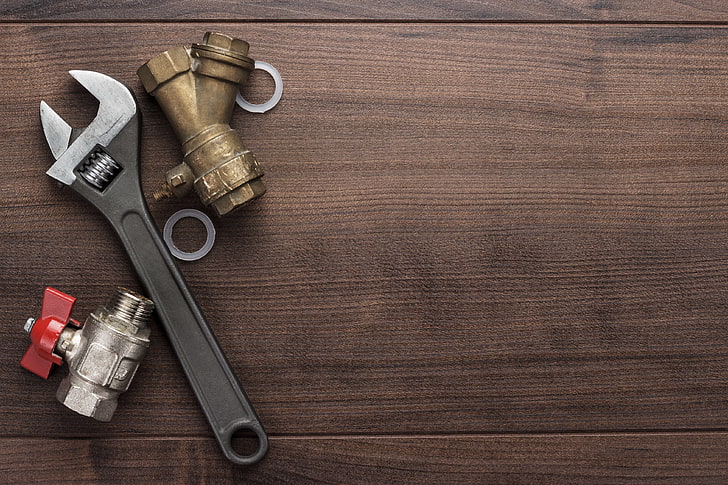
Plumbing Maintenance and Repair in Your Rental Property: Who’s Responsible for What?
Plumbing Maintenance and Repair in Your Rental Property: Who’s Responsible for What?
Plumbing issues can sometimes be costly to repair and if left unattended can result in damage to properties. Plumbing issues should not be treated as minor cases, a leaky faucet at one drop per second for one-year results in 3,000 gallons of water.
Regular maintenance of your plumbing system will help you to detect the problem early and prevent extensive damage. Due to the cost involved in plumbing repairs, the question often arises: who’s responsible for what?
This article will help to explain the responsibilities of the landlord and tenants when it concerns plumbing repairs.
Typically, it is the responsibility of the landlord to:
- Make sure the rental property is habitable and safe for tenants
- Adequately notify the tenants 24 to 48 hours before moving into the rental property
- Clearly explain all the maintenance and repair issues in the rental agreement
- Provide contact details to the tenants
- Follow the normal process as outlined by your state eviction law when evicting a tenant
- Refund the security deposits that were paid by the tenant when applicable
- Notify the tenant before increasing the rental price
The tenants also have their responsibilities. These include:
- Timely payment of rents
- Repair any damage caused by them on the rental property
- Allow the landlord to access the property for inspection, maintenance or repairs
- Always keep the apartment clean
- Timely notify the landlord whenever there is a plan to vacate the rental property.
Concerning plumbing, the responsibility varies before the beginning of the tenancy, and after tenants move in.
Before the beginning of the tenancy
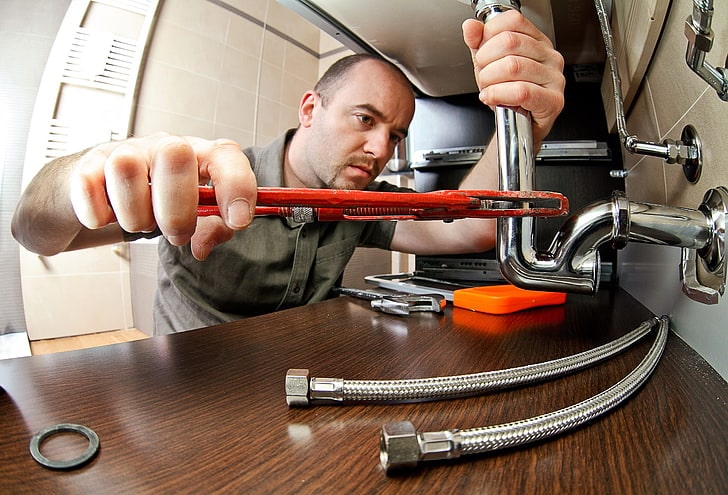
As required by the warranty of habitability law, you are expected to maintain and repair all plumbing issues before a new tenant signs the lease. Failure to do these may attract legal actions. When it pertains to plumbing, you are expected to:
- Inspect for leaky faucets and fix them
- Unclog all clogged drains, gutters, and toilets
- Ensure that all the radiators are functioning properly
- Inspect all the metal pipes for corrosion
- Inspect the bathroom for signs of dampness and replace seals on bathtubs and showers if they are damaged
When a tenant moves in
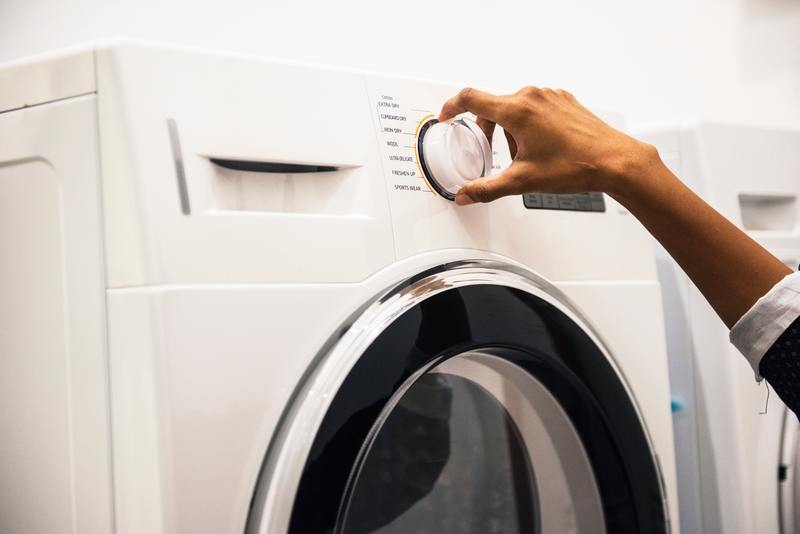
When a tenant signs the rental agreement, and you provide them with the keys, you have to give them all the necessary information in case there is any plumbing emergency. Give them the contact details of professional plumbers they can call for any plumbing emergency and tell them what to do.
Show them where they can shut off the water supply entirely from the apartment to prevent water damage during serious leaks. Other maintenance instructions you should give your tenants include:
- Regular cleaning of the laundry lint filters (including filters in the washer and the dryer)
- Do not flush non-biodegradable objects down the toilet
- Remove hair from the shower and sinks once you notice them
- Do not drop greasy or hard objects, starchy food, and stringy vegetables in the garbage disposal
Explain to them (in writing or verbally) that doing these things will damage the plumbing and that they will be held responsible for the full repair if they should default.
Who is responsible for repairs?
This responsibility varies depending on the cause. If the damage was as a result of carelessness or negligence by your tenants, then they will be held responsible for the repairs. When the damage is from normal wears and tear, you as the landlord will be responsible for the repairs.
Handling tenant’s maintenance request
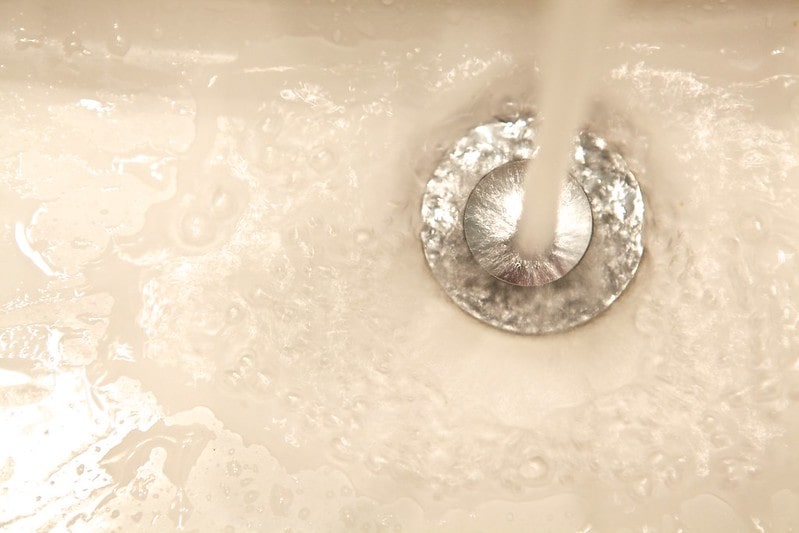
Plumbing issues could either be an emergency or not. You are expected to respond on time if there is a plumbing emergency on your property. This is because it could damage your property or pose a health risk for your tenants.
During plumbing emergencies, you are not expected to notify your tenants before accessing the property. Emergency plumbing issues include:
- Leaks that affect the ceiling
- Clogged toilets
- Flooding
- Broken water heater
- Burst water main
If the plumbing issue is not an emergency, you will have to notify your tenants before accessing the property. Leaky faucets or slow drains are examples of non-emergency plumbing issues.
Tips for reducing plumbing issues on your rental property
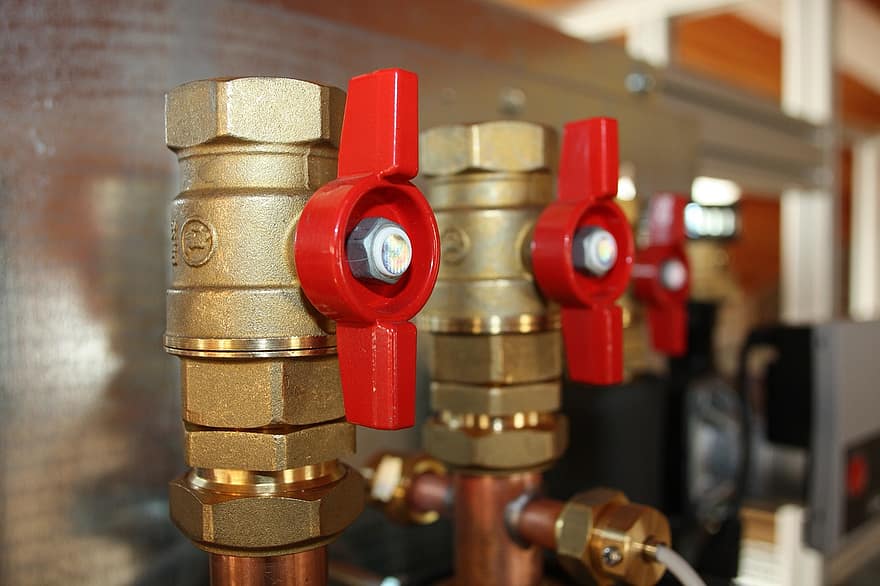
- Use grease dissolvers to treat your drainpipes once a month
- Outline the plumbing maintenance responsibilities of all parties in your rental agreement
- If you are experiencing blockage often, upgrade your vent pipes
- Insure your rental property against plumbing issues
- Always employ the services of a professional when necessary
Bottom line
Plumbing issues can sometimes be costly to repair. Regular maintenance of your plumbing system will help you to detect the problem early and prevent extensive damage.
It is the responsibility of the landlord to maintain and repair all plumbing problems before leasing out the property. The tenant is also expected to avoid engaging in activities that will cause damage to the plumbing. If a tenant causes damage to the plumbing, it is their responsibility to repair the damage.
Tenants are expected to inform the landlord about plumbing issues, and landlords should respond on time. Always seek the services of a professional plumber if you have plumbing issues.
